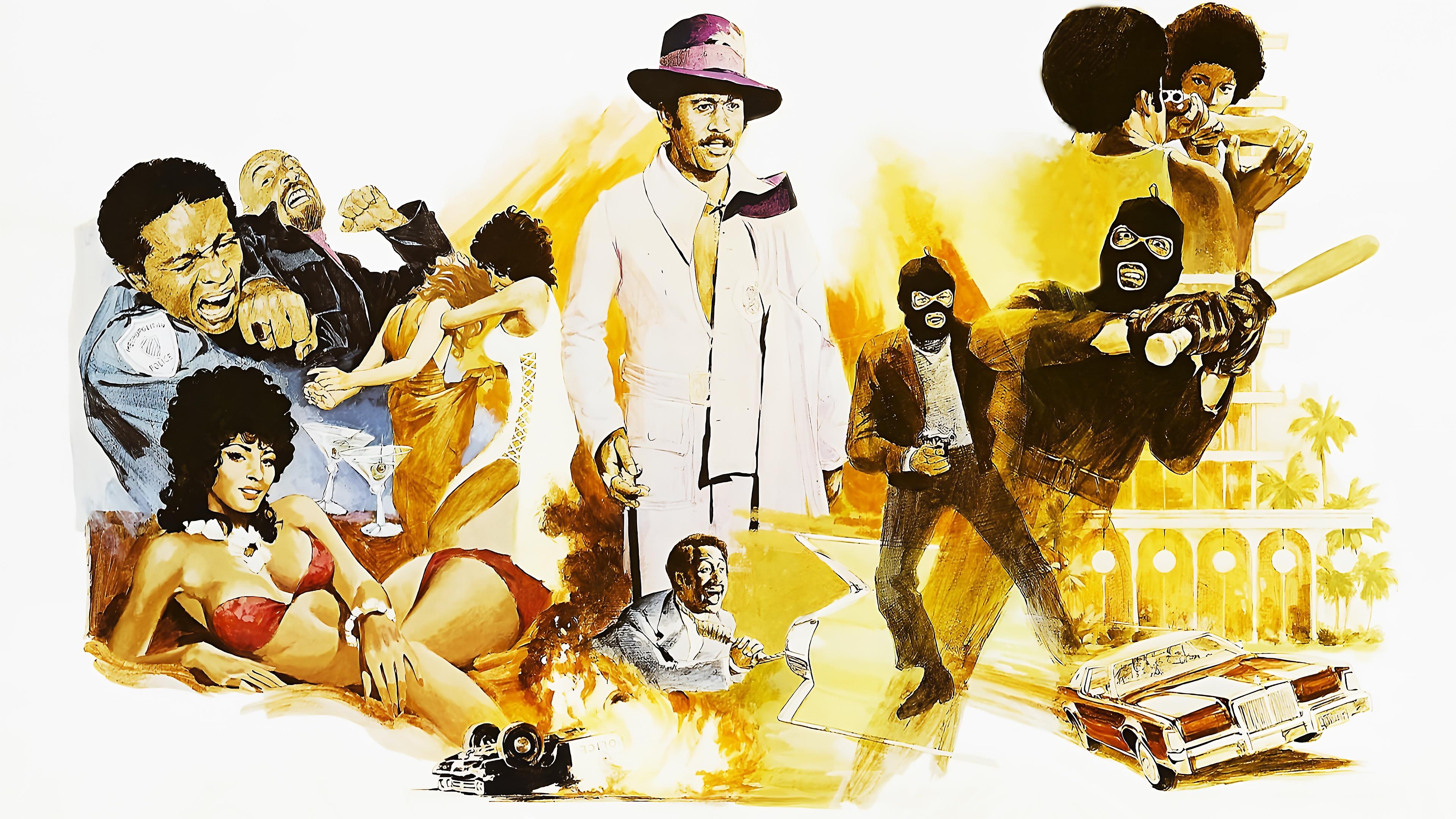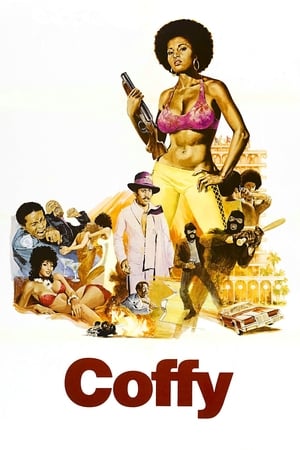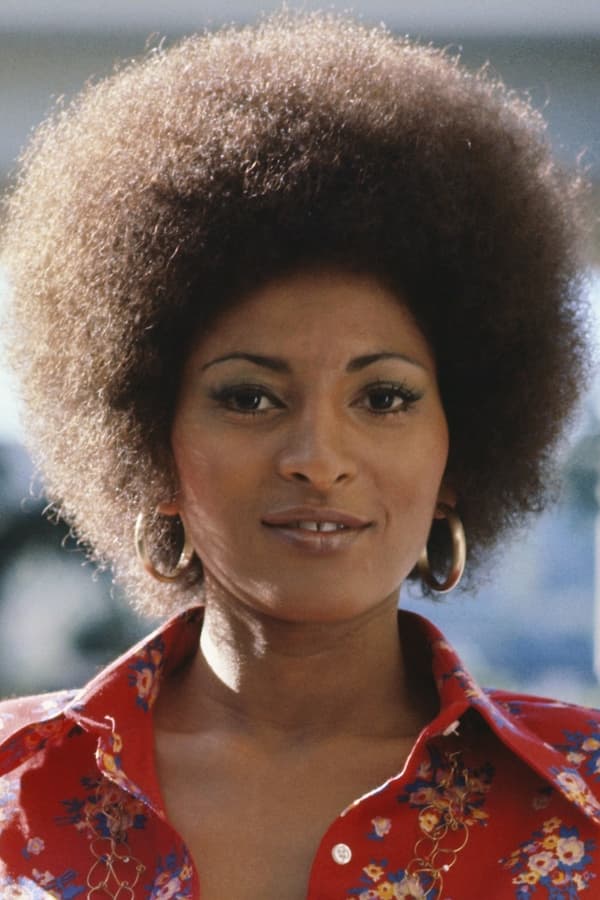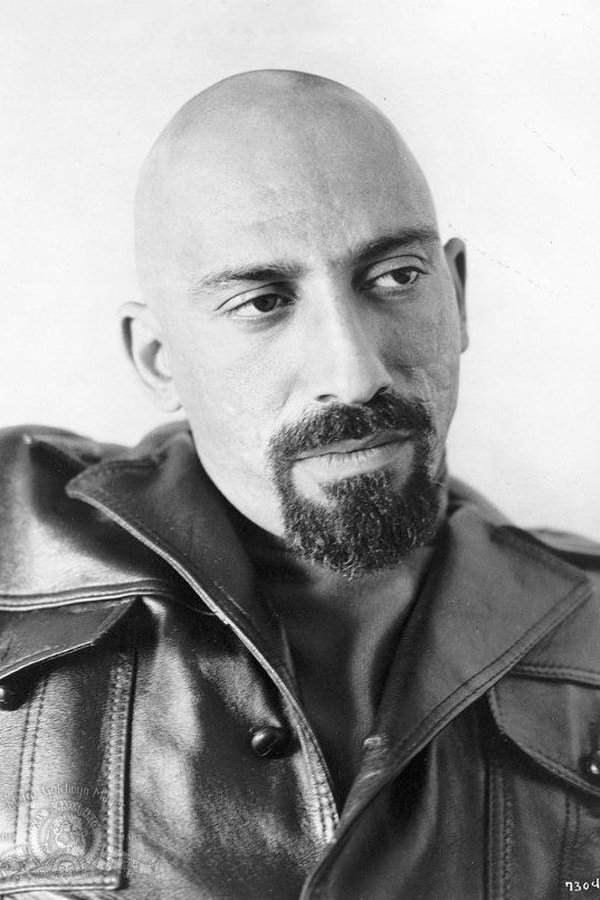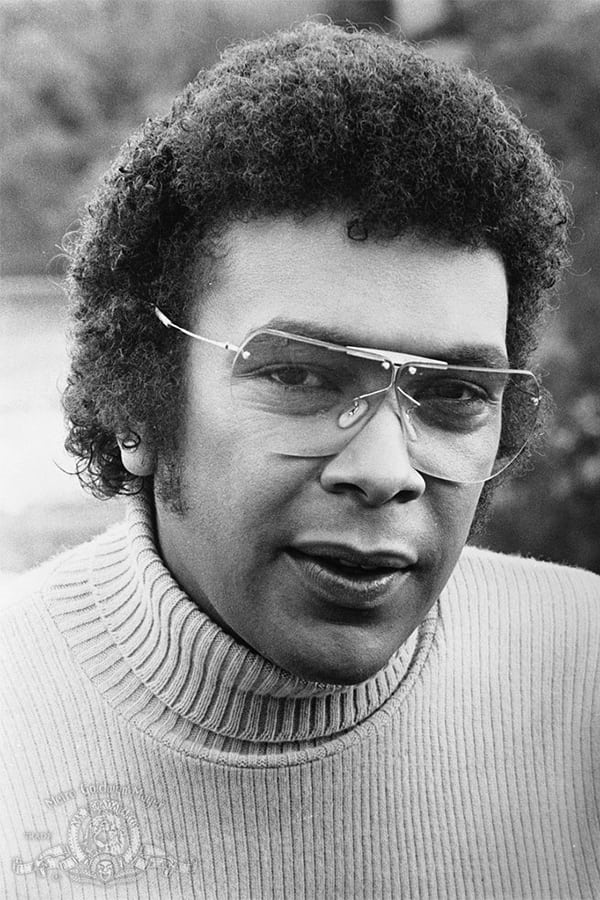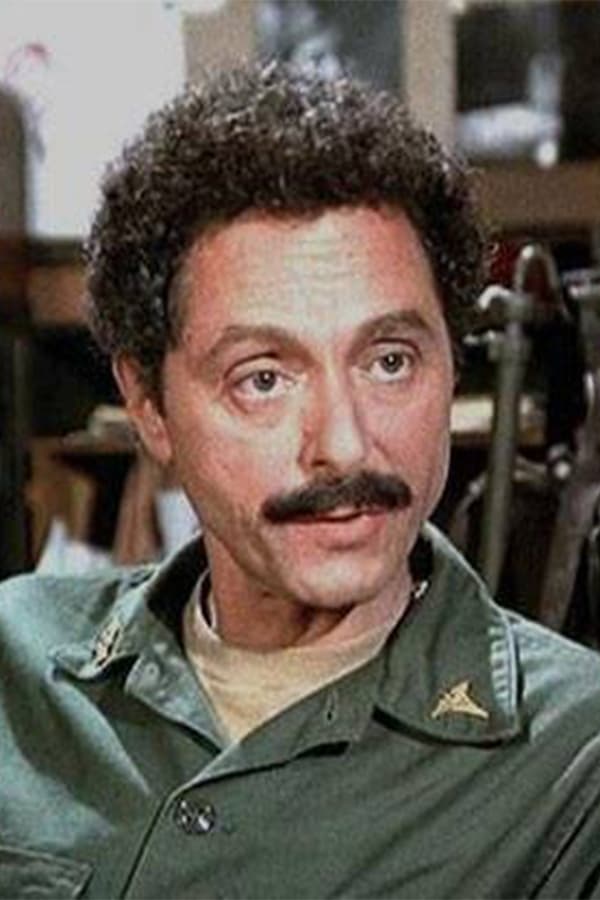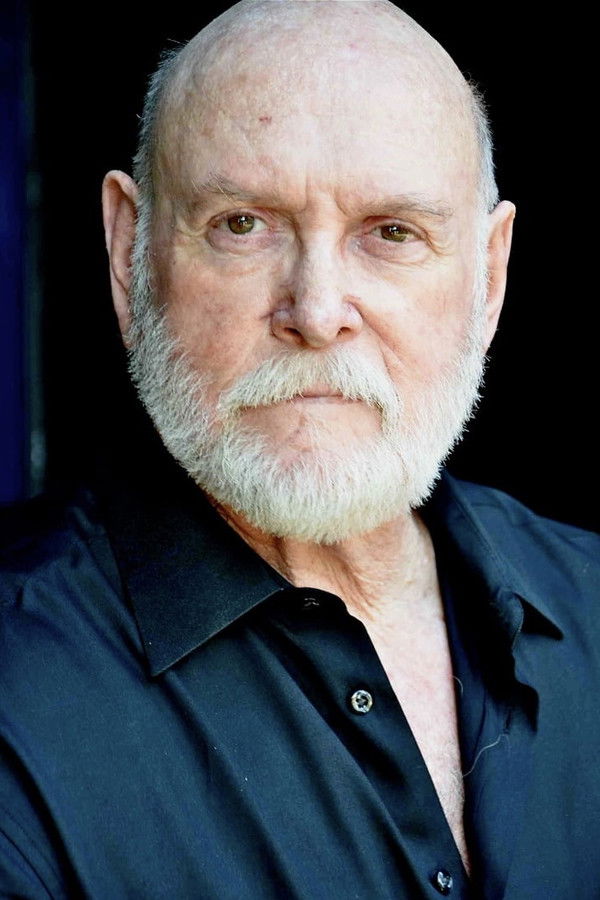In 1804, George Nichols, my father's third great-grandfather, and his older sister were kidnapped from Africa. Though we don't know the specific country, they were likely Cameroonian based on DNA research. George, 10 years old, was separated from his sister (never to see her again) and sold to someone who moved him to Washington, Georgia. He remained there until he died in 1921 (yes, he was 116 years old).
Having a known connection to enslaved Black people (who just happen to be my ancestors), I carefully discern which slave narratives I watch for entertainment purposes. But I was intrigued by Writer-Director Krystin Ver Linden's concept and origin story for Alice. In an interview, Ver Linden mentioned being inspired by true stories of Black people still enslaved in the 1960s. That this was a century after the Emancipation Proclamation and even after the late release of Texans two years later in 1865 on June 19 (Juneteenth) blew my mind. So, I lined up (virtually) to watch Alice, which premiered during the Sundance Film Festival.
And…I was, quite frankly, left silent.
I was just not sure what I watched, how to feel about it, and how to write about what I felt about it, you know? I was experiencing dissonance and knew I'd need to watch it again to detach my emotional self from the story.
